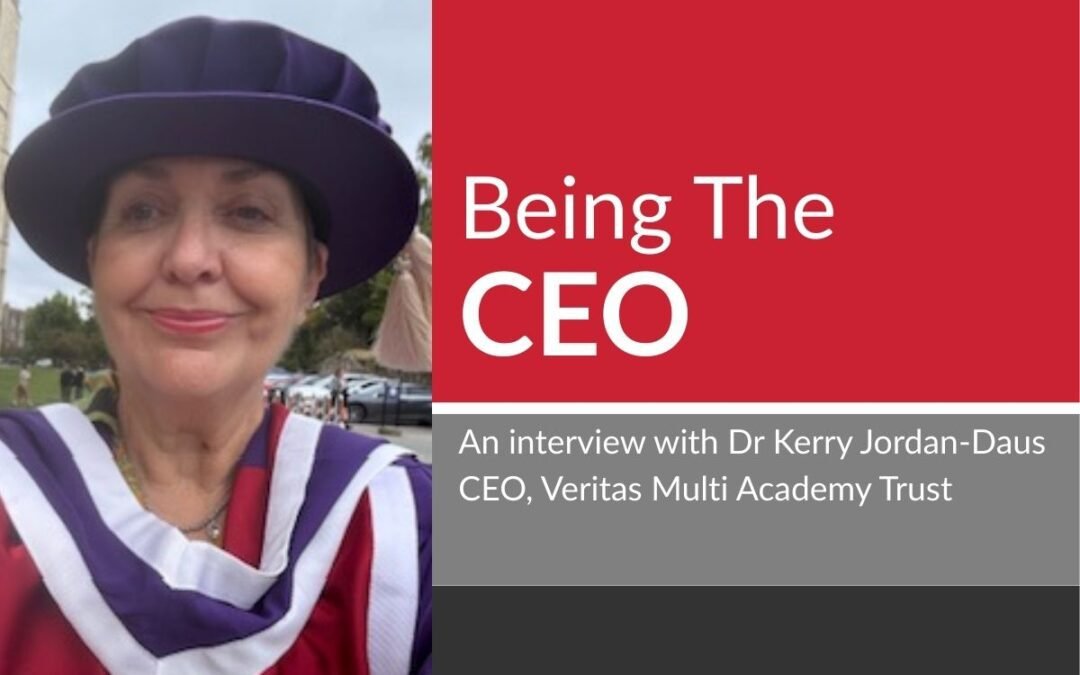
Nick Blackburn is the CEO of Lingfield Education Trust, a Trust made up of seven schools across the Tees Valley area. Here Nick discusses some of the ways in which staff wellbeing is prioritised and supported across Lingfield Education Trust, and how he looks after his own wellbeing as CEO.
Wellbeing has always been a priority for us at Lingfield Education Trust, and the investments we have made around wellbeing over the past few years have served as a firm foundation to help us during this particularly testing time.
The foundations of wellbeing – enabling environments and communication
Within our trust one of the key things we focus on is creating positive enabling environments – these are all about creating the conditions that enable people to function at their best- and this has to begin with leadership. Peter Drucker once wrote that ‘your first and foremost job as a leader is to manage your own energy and help manage the energy of those around you’. However, this is not a simple task, and we have had to work very hard to create something which can sound quite ‘soft’; it has taken a carefully considered and systematic approach throughout our trust to work to achieve this.
Specifically, I regularly work with my leadership team on how to manage our energies. These energies can be divided up into four aspects; physical, intellectual, emotional and spirit (this is based on the work of Steve Radcliffe, author of ‘Leadership Plain and Simple’). We discuss what we can do to help our different energy levels stay in a good place. With our physical energy, it involves things like exercise, eating healthily, taking sufficient breaks from work, and having good sleep. When it comes to intellectual energy, that can be supported by reading useful books and articles, taking part in CPD, being a part of supportive learning networks, and having a continued commitment to learning and growth. Emotional energy can be supported through connecting with others, sharing our problems, attending therapy, or taking up a meditation practice. Spirit energy (not to be confused with ‘spirituality’) is all about re-connecting with the bigger picture; it’s about having strong values and purpose, in your working life and in your personal life. I encourage my leaders to reflect on the different energies they are drawing on in the different situations they face in their working lives, and to consider what they can do to ensure that their energies are all kept in balance. Ultimately, it’s about having self-knowledge, and taking personal responsibility.
My leadership team then disseminate this way of thinking throughout the trust, by having these conversations with their own teams. We speak about having ‘enabling bubbles’, which are the various different levels that exist within our trust, and it’s important that everything we do around wellbeing makes it’s way through each of these different bubbles through clear collaboration points. We focus on what these collaboration points need to feel and be like. As a leadership team we have to understand and accept that thinking we can make a decision in our bubble that will have an impact in our classrooms the very next day is unrealistic. It’s all about acknowledging that we’ve got to work through the different bubbles, and consciously determining how we are going to make sure that that happens effectively and quickly. Our investment over the past few years into this way of working has put us in a very strong position to face this current crisis of Covid19. Our ways of communicating, and the fact that we already have a robust culture of reflecting on what is driving our decisions and our actions, has been hugely useful during this time.


